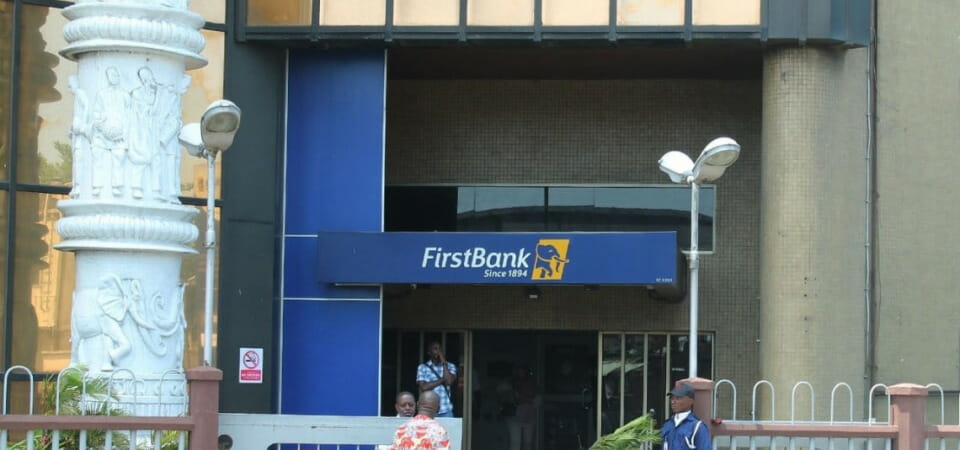First Bank of Nigeria Ltd. has announced that its subsidiaries in the United Kingdom and Sub-Saharan Africa will change their names gradually.
This was stated in a statement made in Lagos by Mrs. Folake Ani-Mumuney, Group Head, Marketing and Corporate Communications, FirstBank.
According to the statement, the name change was implemented to bring the subsidiaries into line with the parent brand and to capitalise on the solid heritage and brand equity created by FirstBank Nigeria during its 129 years as the industry’s preeminent bank.
The first group of subsidiaries whose names were aligned were identified as FBNBank UK, FBNBank Sierra Leone, FBNBank Gambia, and FBNBank DRC.
The subsidiaries are now known and addressed as FirstBank UK, FirstBank Sierra Leone, FirstBank Gambia, and FirstBank DRC, according to the statement.
It stated that the subsidiaries in Ghana, Senegal, and Guinea would follow in the gradual implementation of the name change.
The statement added that the name change would further enhance the quality-of-service delivery resulting in better brand clarity, uniformity and consistency across all the markets where the Bank operated.
The statement also quoted Dr Adesola Adeduntan, Chief Executive Officer of FirstBank Group, as saying, “the name change coincided with the bank’s 129th founding anniversary (March 31, 2023)”.
“It is indeed a milestone reflective of our resolve to continuously provide the gold standard of excellence and value as we put our customers First.
“The new identity of the subsidiaries contributes to an enhanced brand presence.
“It helps our customers and stakeholders better appreciate the value of the diversified product suites, competitive pricing and extensive business networks the FirstBank Group offers.
“These include our commitment to boosting cross-border businesses which involve trade and investment opportunities essential to enhancing trade relations amongst countries, thereby strengthening the economies of host communities and reducing poverty,” he said.

